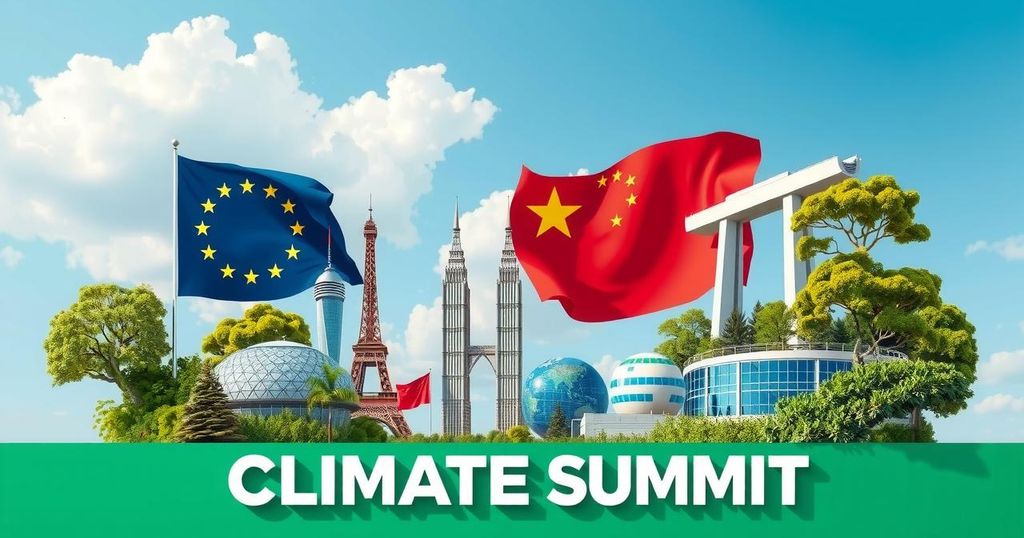Leveraging AI for Climate-Resilient Agriculture at COP29
COP29 will focus on the intersection of climate change, agriculture, and technology, particularly the role of AI in developing resilient crops. It is crucial for African governments to advocate for equitable access to these technologies to aid the most vulnerable populations in food security and climate resilience. Plant biotechnologists aim to enhance genetic traits, while AI offers data management, automation, and real-time decision-making for improved agricultural efficiency. However, there is a concern about monopolization by large corporations, emphasizing the need for socially just distributions of technology benefits.
The upcoming COP29 climate conference is poised to spotlight the critical intersection of agricultural practices and climate resilience. The pressing questions of how to leverage technology for enhancing food security amidst the challenges posed by climate change will be central to discussions at this pivotal event. As a plant biotechnologist engaged in the protection and propagation of resilient plant species, my work focuses on identifying genetic traits that enhance climate adaptability, including the conservation of endangered and under-utilized indigenous plant varieties in Africa. Innovative biotechnical methods, including cryopreservation and tissue culture, are employed to preserve essential genetic vegetation components. These efforts aim to produce more robust crops capable of thriving in increasingly harsh climates. Additionally, advancements in artificial intelligence (AI) present significant opportunities for revolutionizing agricultural productivity. By employing machine learning algorithms, we can better identify valuable traits in crops, predict agricultural challenges, and enhance food production efficiency. The integration of AI in food systems offers three key benefits: the ability to manage extensive data concerning soil and weather conditions, automation of processes for better resource management, and the capacity for real-time decision-making through continuous monitoring. Such applications of AI are essential for achieving food security in a changing climate. Moreover, AI advancements, notably the development of the AlphaFold platform, allow scientists to decode protein structures, paving the way for the creation of novel proteins to address food security needs sustainably. This progress holds promise for adapting food production to meet the challenges of a growing global population while preserving ecological balance. However, there exists a risk that essential AI technologies could be monopolized by large corporations, potentially leading to inequitable distribution and pricing issues that disadvantage vulnerable populations. Therefore, it is imperative that African governments advocate for equitable access to AI-driven innovations. The narrative at COP29 must emphasize that advancements in agriculture must prioritize support for the most marginalized communities, ensuring that these technologies are developed with their needs in mind.
The ongoing climate crisis underscores the need to rethink agricultural strategies to secure food sources for a burgeoning global population. As the COP29 conference approaches, the resolutions formed here will question how economies can effectively utilize technology—specifically artificial intelligence and biotechnology—to navigate climate-induced agricultural challenges while protecting natural ecosystems. The call for equity in access to these innovations is crucial, especially in Africa where food insecurity remains a critical issue heightened by climate change.
In conclusion, COP29 serves as a vital platform for addressing how AI and biotechnology can be utilized to enhance climate resilience in agricultural practices. The potential benefits are immense, yet equitable strategies must be implemented to ensure these advancements serve all populations, particularly those most affected by economic and environmental challenges. African governments must champion the cause for social justice in technology distribution, asserting that climatic and food security advancements must prioritize the needs of the underserved. Without such advocacy, the potential of technology may be unrealized for those who need it most.
Original Source: theconversation.com




Post Comment